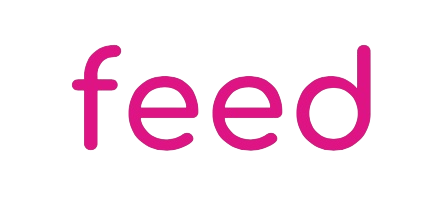BMJ Rapid Response: rising cost of living & infant feeding
in response to Rising cost of living is damaging people’s health, says royal college | The BMJ
Feed are concerned by the cost of living crisis and as a member of the Inequalities in Health Alliance, we are calling for a cross government strategy to reduce health inequalities. The Marmot review demonstrated widening health inequalities and the impact on life expectancy especially for women(1,2) . One indicator of the rising cost of living is the number of people turning to food banks. The Trussell Trust saw a 14% rise in food parcels from the previous year, with 832,000 parcels handed out for children(3). Research in Scotland has shown the concern around the rising numbers of mothers and children turning to food banks as a particularly vulnerable emergent group(4,5).
As an independent charity supporting families with all infant feeding methods, we are particularly concerned by the impact of poverty on the health of infants. Feed recently conducted an inquiry into the barriers faced by families accessing formula milk(6). The inquiry highlighted families with young infants are forced to make difficult choices between feeding, heating, clothing, and travel. This echoed findings by the APPGIFI inquiry (2018) into formula poverty and possibilities of risky infant feeding practices when access is restricted, negatively impacting on infant health(7). Feed made recommendations in order to maximise pathways for families in poverty(6,8) including adopting Feed guidelines developed in conjunction with stakeholders, to support food and baby banks in the provision of formula to formula fed infants in poverty. In addition, exploring other routes, such as the possibility of pharmacy provision, and ensuring local authority pathways are fully formed and comprehensive.
We recognise whilst third sector organisations play a crucial role, they are not a long-term solution to poverty. There is an urgent need for a top down approach to tackle the root causes of health inequalities and the subsequent impact on health.
References
1. Marmot M. Fair society, healthy lives. Fair society, healthy lives. 2013:1-74.
2. Marmot M. Health equity in England: the Marmot review 10 years on. Bmj. 2020 Feb 25;368.
3. Trussell Trust end of year stats 2022 available at End of Year Stats - The Trussell Trust
4. Douglas F, etc al. Resourcefulness, Desperation, Shame, Gratitude and Powerlessness: Common Themes Emerging from A Study of Food Bank Use in Northeast Scotland. AIMS Public Health. 2015 Jul.
5. Douglas F, et al. "A Lot of People Are Struggling Privately. They Don't Know Where to Go or They're Not Sure of What to Do": Frontline Service Provider Perspectives of the Nature of Household Food Insecurity in Scotland. Int J Environ Res Public Health. 2018 Dec
6. Feed 2022. Access to infant formula for babies living in food poverty in the UK. From Feed+Inquiry+Report+-+FINAL+22.05.03.pdf (squarespace.com)
7. All Party Parliamentary Group on Infant Feeding (2018) Inquiry report into the cost of infant formula in the UK from http://www.infantfeedingappg.uk/wpcontent/uploads/2018/11/APPGIFI-Inquir...
8. Feed (2020) The provision of infant formula at food banks in the UK at https://static1.squarespace.com/static/5efa4a95af311446a53c8cab/t/5fd099... 506207266/Feed+report+on+formula+at+foodbanks+-+December+9th+2020.pdf
BMJ 2022; 377 doi: https://doi.org/10.1136/bmj.o1459 (Published 15 June 2022): BMJ 2022;377:o1459

